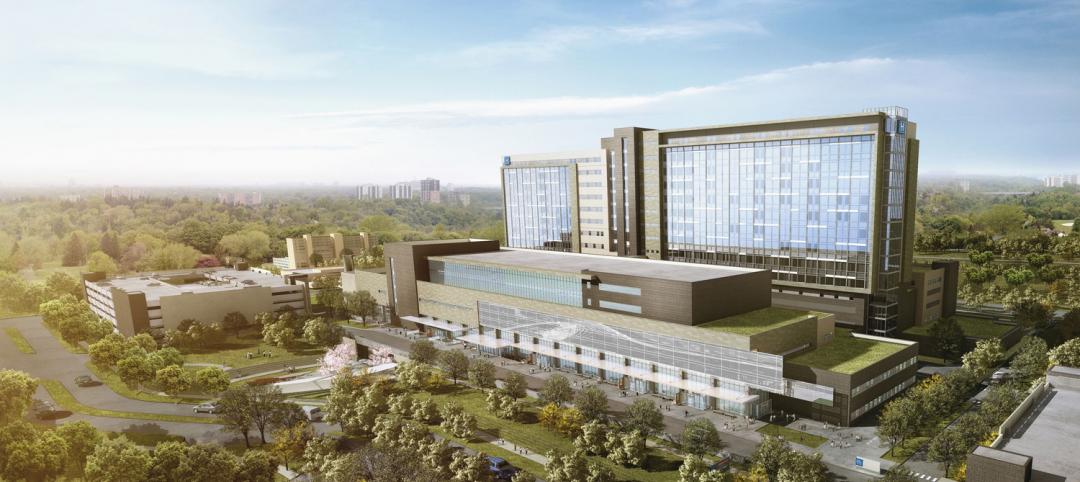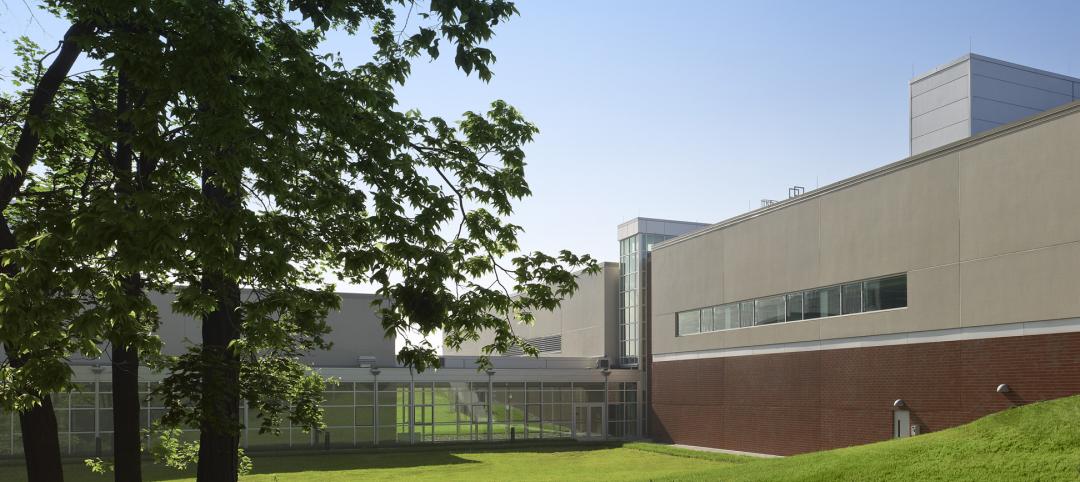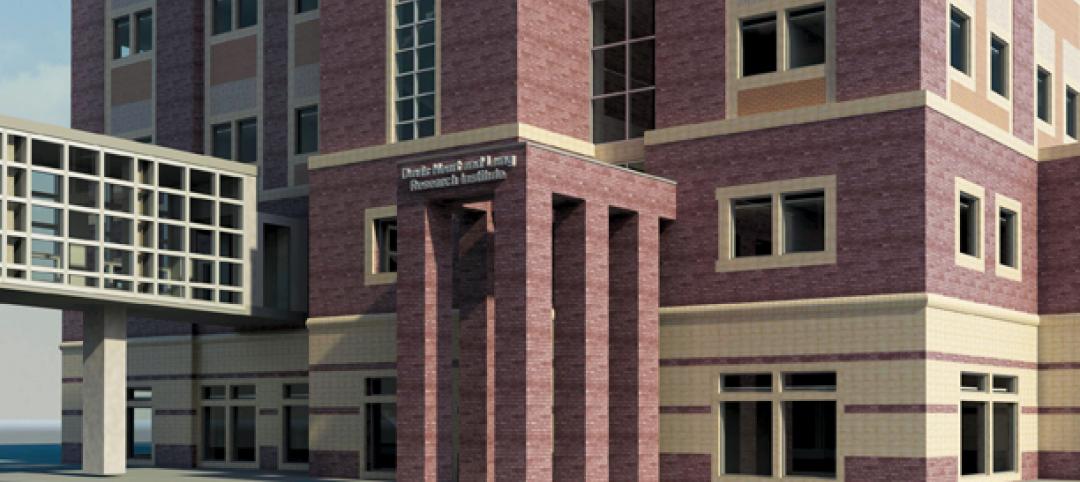Associated Builders and Contractors reported today that its Construction Backlog Indicator increased to 9.2 months in February, according to an ABC member survey conducted Feb. 20 to March 6. The reading is 1.2 months higher than in February 2022.
Backlog rebounded in February and for the past four months has hovered around highs not seen since the start of the pandemic. The Southern region continues to post the highest backlog of any region and, as of February, has had at least 11 months of backlog in four of the previous five months.
View ABC’s Construction Backlog Indicator and Construction Confidence Index tables for February. View the historic Construction Backlog Indicator and Construction Confidence Index data series.
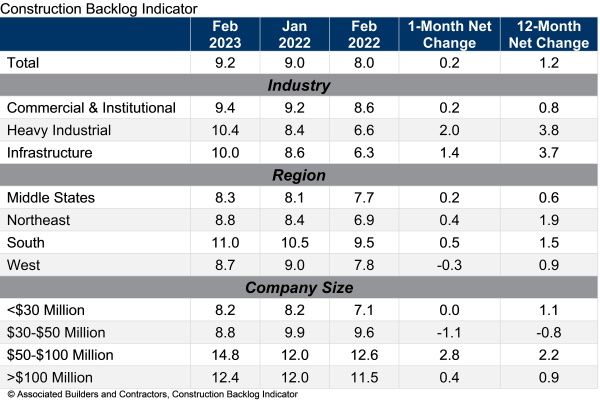
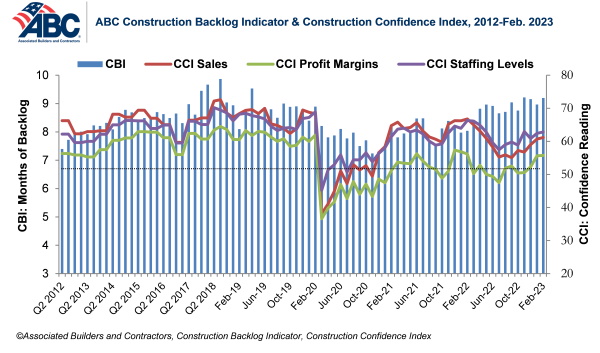
ABC’s Construction Confidence Index reading for sales, profit margins and staffing levels increased in February. All three readings remain above the threshold of 50, indicating expectations of growth over the next six months.
“Despite a gloomy economic forecast and extraordinarily elevated borrowing costs, contractor backlog and confidence continue to rise,” said ABC Chief Economist Anirban Basu. “This mirrors the broader economy, which has thus far proved resilient in the face of rising interest rates. While economic strength, particularly regarding labor demand, is surprising, interest rate increases typically take 12 to 18 months to affect the broader economy, and the first interest rate increase occurred in March 2022.
“While backlog remains at a historically elevated level, borrowing costs will continue to rise during the next several months, and contractors continue to struggle in the face of skilled labor shortages,” said Basu. “If economic momentum fades this year, as a majority of forecasters continue to predict, then backlog and confidence may decline, especially for contractors working predominantly on privately financed projects.”
Related Stories
| Jan 4, 2012
Skanska acquires Industrial Contractors
Industrial Contractors Inc. is a contractor in the commercial, industrial and power markets of the Midwest. The company employs 2,400 people and in 2011 the revenues are estimated to be approximately $500 million.
| Jan 4, 2012
HDR to design North America’s first fully digital hospital
Humber River is the first hospital in North America to fully integrate and automate all of its processes; everything is done digitally.
| Jan 4, 2012
New LEED Silver complex provides space for education and research
The academic-style facility supports education/training and research functions, and contains classrooms, auditoriums, laboratories, administrative offices and library facilities, as well as spaces for operating highly sophisticated training equipment.
| Jan 3, 2012
Gilbane awarded $88M Contract for Ohio elementary school construction
The new award, which comprises the construction of five new elementary schools and demolition of 11 older facilities, is the latest K-12 building program managed by Gilbane for the Ohio School Facilities Commission since 1998.
| Jan 3, 2012
AIA's ABI November Index reaches 52.0
The Architecture Billings Index (ABI) reached its first positive mark since August.
| Jan 3, 2012
Callison acquires Barteluce Architects & Associates
This acquisition will grow Callison’s New York team to over 75 architects.
| Jan 3, 2012
VDK Architects merges with Harley Ellis Devereaux
Harley Ellis Devereaux will relocate the employees in its current Berkeley, Calif., office to the new Oakland office location effective January 3, 2012.
| Jan 3, 2012
Weingarten, Callan appointed to BD+C Editorial Board
Building Design+Construction has named two new members to its editorial board. Both are past recipients of BD+C’s “40 Under 40” honor.
| Jan 3, 2012
New Chicago hospital prepared for pandemic, CBR terror threat
At a cost of $654 million, the 14-story, 830,000-sf medical center, designed by a Perkins+Will team led by design principal Ralph Johnson, FAIA, LEED AP, is distinguished in its ability to handle disasters.
| Jan 3, 2012
BIM: not just for new buildings
Ohio State University Medical Center is converting 55 Medical Center buildings from AutoCAD to BIM to improve quality and speed of decision making related to facility use, renovations, maintenance, and more.




